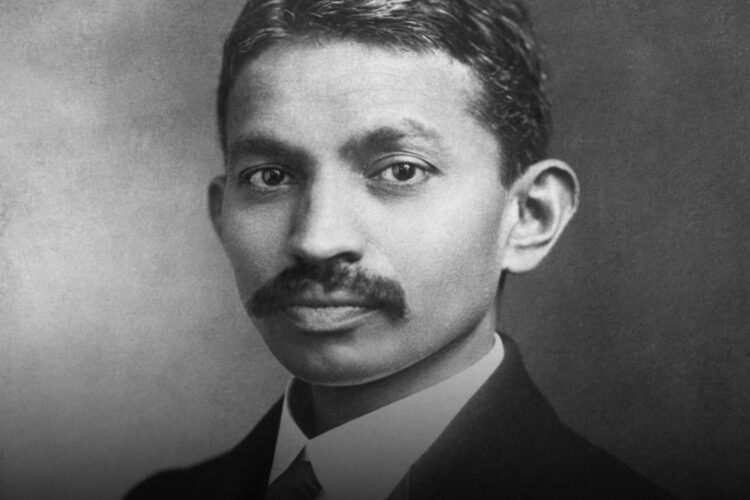January 10 holds a unique place in the annals of South African history, encompassing pivotal events that shaped the nation’s political, cultural, and social landscape.
These historical events happened on 10 January
PLEASE NOTE: The third-party content below is shared on our platform for journalistic purposes. Swisher Post, its parent company, partners and affiliates shall not be held liable for any consequence that arises from the journalistic duties performed in sharing this content.
From colonial conflicts to the struggles against Apartheid, this day witnessed moments of bravery, tragedy, and resistance that echo through time. This article delves into five such historical events, offering insights into their impact and legacy.
1) Mahatma Gandhi’s Arrest (1908)
On 10 January 1908, Mahatma Gandhi faced his first imprisonment in South Africa, a turning point in his journey as a civil rights leader. Arrested for refusing to carry the obligatory Apartheid pass, an identity document mandated for Asian residents, Gandhi’s defiance marked a significant moment in his campaign against racial discrimination.
This arrest led to a two-month imprisonment, during which Gandhi’s commitment to non-violent resistance was further cemented.
2) Apartheid Bomb Attack (1988)
The shadows of apartheid cast a long and violent shadow on this day in 1988. A devastating bomb attack, orchestrated by South African security agents, occurred in Bulawayo, targeting members of the African National Congress (ANC).
The explosion claimed the life of Mr Obed Amon Mwanza, a Zimbabwean driver, and injured six ANC members, reflecting the era’s brutalities and the far-reaching consequences of the apartheid regime’s policies.
3) Death of the Prince Imperial (1879)
January 10, 1879, also marks the tragic death of the 22-year-old Prince Imperial of France, Eugene Louis Jean Joseph Napoleon, during the Anglo-Zulu War. Studying in England at the Royal Military Academy and joining the British forces, the Prince met his untimely end in Zululand. His death occurred during a British reconnaissance mission, emblematic of the volatile and often brutal nature of colonial conflicts in Africa.
4) Lord Roberts’ Arrival at the Cape (1900)
This date in 1900 witnessed a significant military development during the Second Anglo-Boer War. Lord Frederick S. Roberts arrived at the Cape, taking over as commander-in-chief of the British forces in South Africa. His arrival marked a change in the war’s dynamics, signifying a new phase in British military strategy and leadership during this tumultuous period.
5) Beginning of the Anglo-Zulu War (1879)
Lastly, 10 January 101879, is recognised by many historians as the starting point of the Anglo-Zulu War. This conflict, sparked by an expired ultimatum from the British, led to the invasion of Zululand. Contrary to the British expectation of fragmenting the Zulu, this move united them under their king’s cause, setting the stage for a significant and influential war in South African history.






